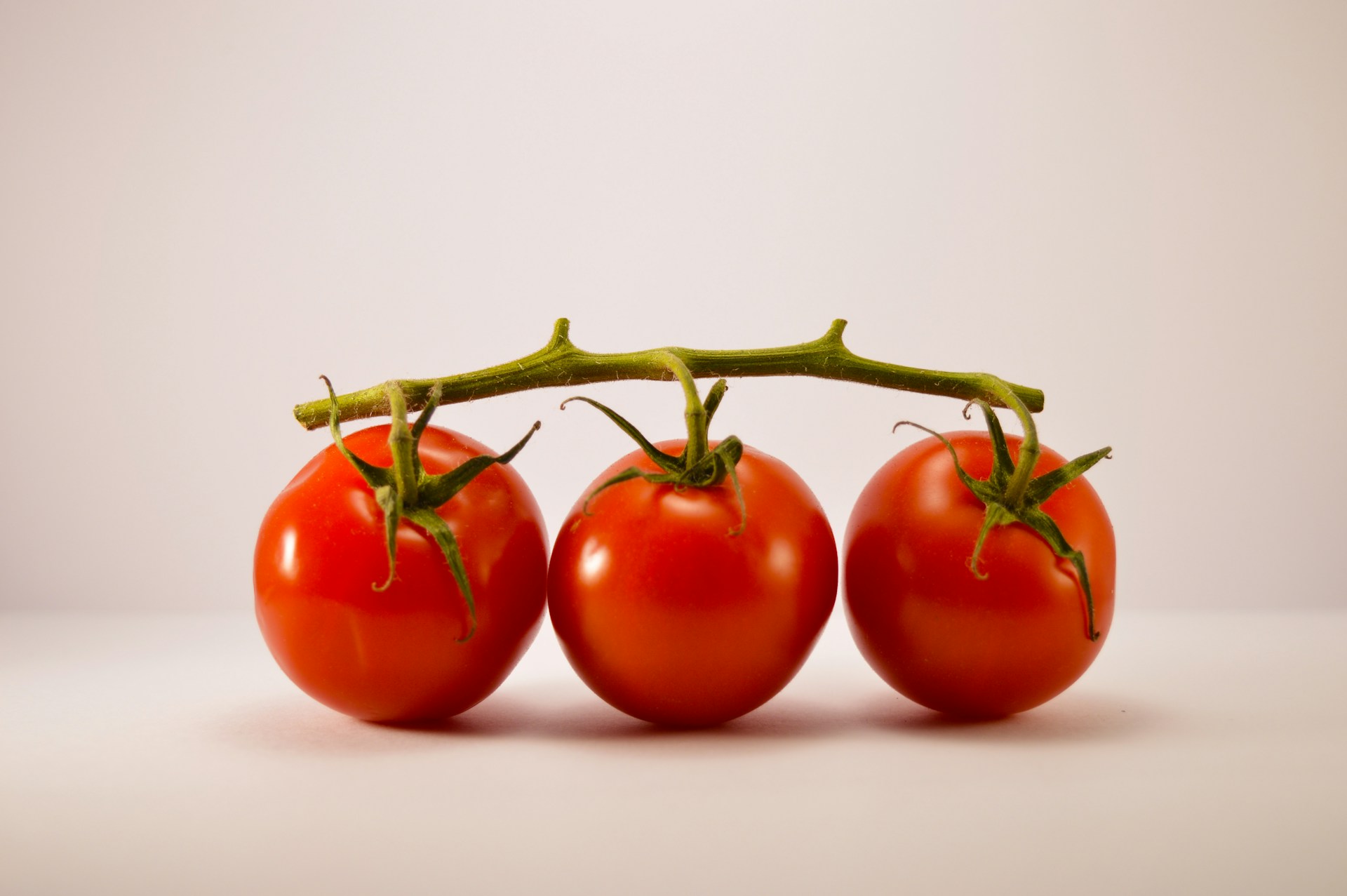
Body + Mind is reader-supported. We may earn an affiliate commission when you buy through some of the links on our site.
Nightshade vegetables include many common foods frequently regarded as healthy. However, you might have read stories of celebrities giving them up. Are these foods good or bad for your health?
Please don’t fear you have to bid adieu to baked potatoes and bolognese sauce just yet. While some people have unique sensitivities, most folks benefit from adding or keeping foods made from nightshade plants in their diet. Here’s what you need to know about nightshade vegetables and your health.
You’ll recognize most, if not all, of the items on this list of common nightshade vegetables:
Additionally, nightshade plants include the following spices and herbs:
Did the last item on the above list of nightshade vegetables, spices and herbs give you pause? Many of the plants in this family also have medicinal and mood-altering properties.
Plants in the nightshade family are rich in various alkaloids. These are among the strongest components of herbal medicine and play a crucial role in traditional treatments for multiple diseases, from cancer to malaria. However, some of these alkaloids can also be toxic.
Solanine is the predominant alkaloid in nightshade plants, lending its name to the family’s Latin name, Solanaceae. This substance can cross the blood-brain barrier and is toxic in sufficient amounts. While it exists at safe levels in most nightshade vegetables, it’s why you should avoid eating green potatoes. Toss any green potatoes in the recycling bin and remove the skin if you have ongoing concerns — it has the highest concentration.
The nightshade vegetables listed above are considered healthy for most people. Many of them contain valuable vitamins, minerals, phytonutrients and other substances your body needs to function at its best. For example, consider the following:
Even herbs and spices from nightshade vegetables can be healthy. For example, adding paprika, ground pepper or cumin to food can spice it up without adding too much salt. Ashwagandha is an adaptogenic herb that many people swear by for reducing stress and anxiety, taking it as a tea or an over-the-counter supplement.
Nightshade vegetables can become an integral part of a healthy, plant-based diet. Such diets reduce the risk of various diseases while also treading more lightly on the planet. A shift to a plant-based diet can reduce greenhouse gas emissions by 49% and land use by 76%.
There’s no reason to avoid any of the nightshade vegetables on the above list. Most people tolerate tomatoes, potatoes, peppers and eggplants with no problem. However, there are reports of such foods increasing inflammation in some people, which may lead you to consider an elimination diet if you think they affect you similarly.
While the spices are safe, you should avoid products containing tobacco. Tobacco contains nicotine, a substance that can raise your blood pressure, increasing your heart disease risk. Although Ashwagandha is safe for most people, you should avoid it if you discover you have an allergy or intolerance to nightshade plants.
Nightshade vegetables are healthy, but some people with inflammatory conditions have reported that consuming them worsens their symptoms. Although the science remains inconclusive, people with the following autoimmune conditions may wish to try eliminating plants in the nightshade family for at least four weeks before re-introducing them slowly and monitoring their results:
Despite online rumors, no research to date has confirmed a link between arthritis and nightshade vegetables. People with some forms, such as osteoarthritis, likely benefit from the nutrition in these plants. According to Emily Sullivan, registered dietitian for MyFitnessPal, the alkaloid concentrations in these foods aren’t high enough to cause significant damage to your body.
However, recent research raises questions as to whether the glycoalkaloid components of nightshade vegetables can disrupt the intestinal epithelial barrier and activate mast cells in the gut, leading to increased symptoms. Although the research concerned inflammatory bowel disease, the rheumatoid and psoriatic versions of arthritis are similar autoimmune diseases. This may explain why nightshade vegetables make some with either condition feel worse.
Additionally, it’s possible to develop an allergy or sensitivity to nightshade plants, albeit rare. You can discuss allergy testing with your doctor if you think this applies to you — or simply avoid plants in this family. While these foods offer health benefits, you can get the same perks from other plants. Consider substituting the following if you have concerns:
The Nightshade family of plants has a bit of a dark history. This plant family also contains datura or jimsonweed and mandrake, species associated with witchcraft. Somehow, the taint spread to many members of this botanical category. To think you could have once been considered a witch for eating a tomato.
However, nightshade plants play a valuable role in making many medicines today. The capsaicin that makes peppers hot is a popular remedy in over-the-counter arthritis remedies, and most people don’t report trouble with topical applications. The alkaloids scopolamine, atropine and hyoscyamine also go into the formulations of various pharmaceuticals.
For most people, nightshade vegetables are among the healthiest foods you can eat. These plant-based foods contain many nutritional qualities that make them great additions to your diet.
However, some people have reported trouble with nightshade vegetables. If you suspect you are one, try an elimination diet. Otherwise, feel free to include plenty of eggplant, tomatoes, tomatillos and peppers in your diet and reap the multiple benefits.